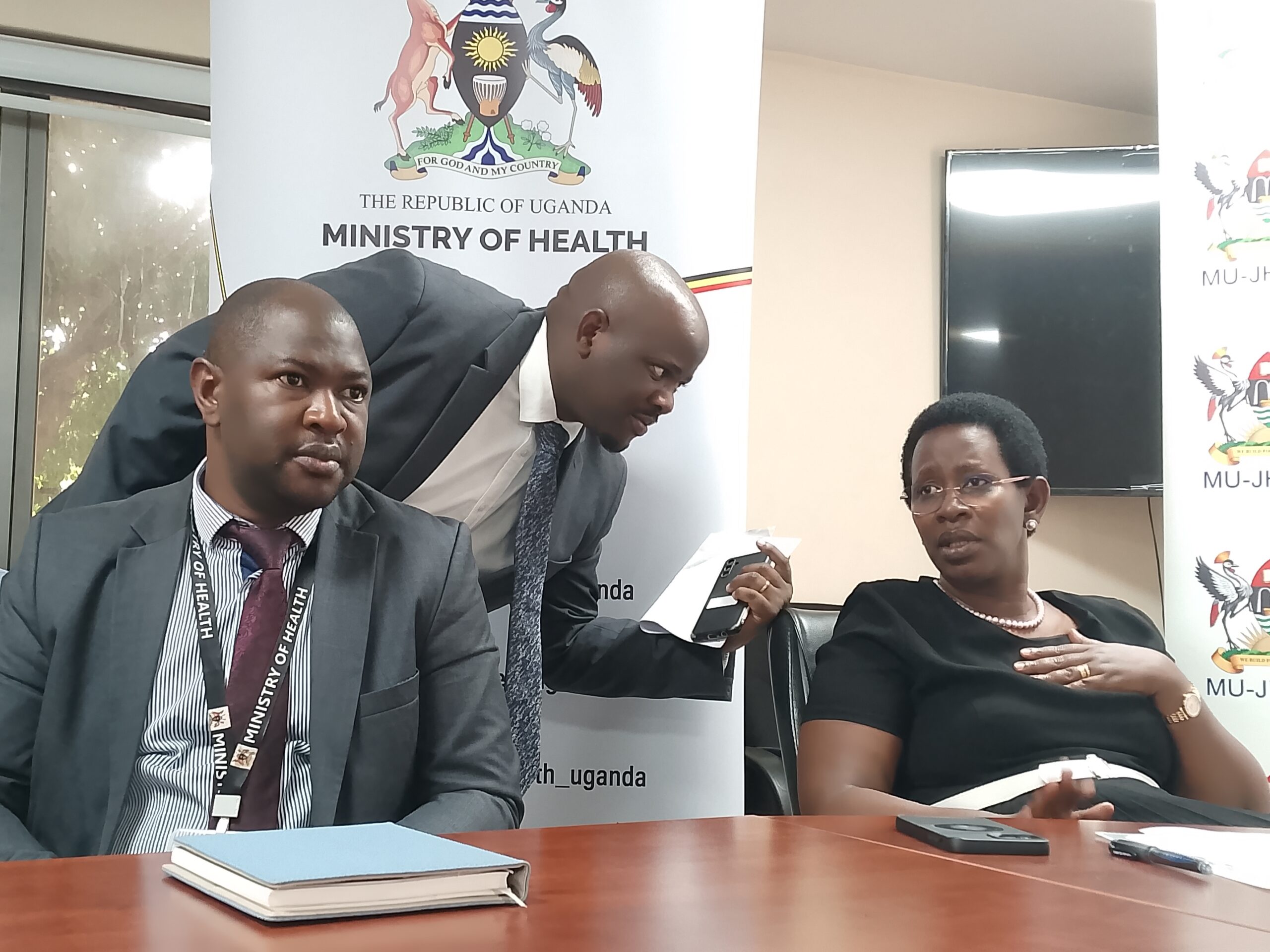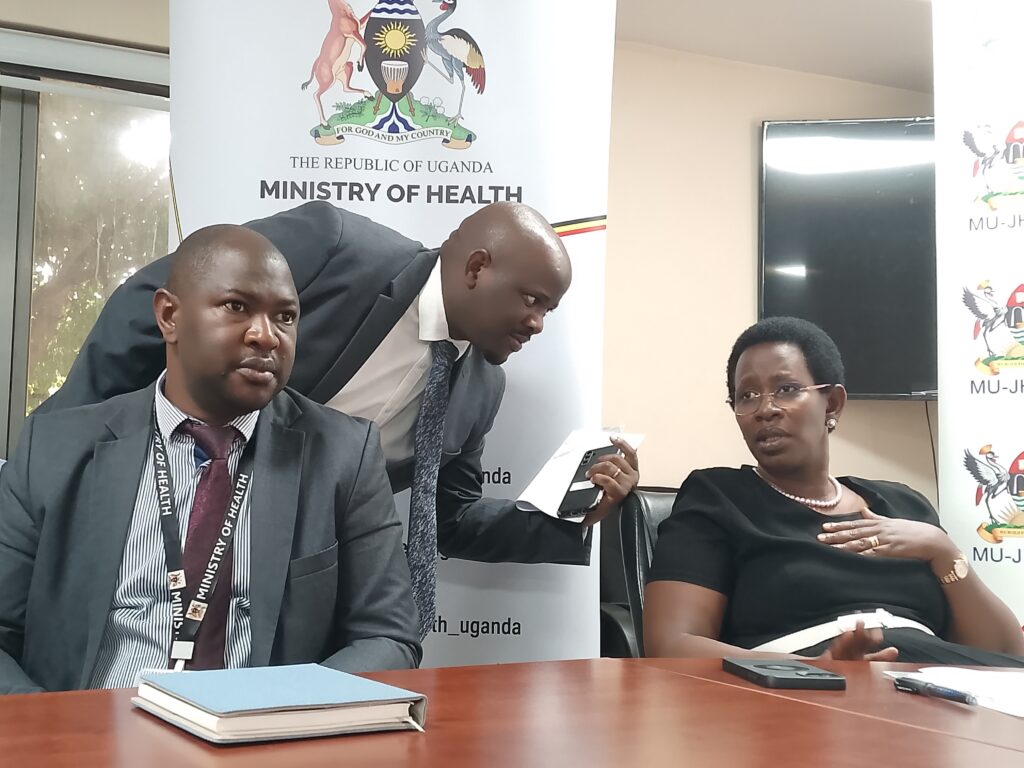
 Mama FM
Mama FM

 Mama FM
Mama FM
21 June 2024, 11:50 am
By Byamukama Alozious
Ugandan health officials warn of rising congenital abnormalities, urging expectant mothers to attend antenatal visits and take folic acid supplements. Diana Atwine, Permanent Secretary at the Ministry of Health, emphasised the critical role of prenatal care in early detection and management of birth defects
“We want more awareness because these abnormalities can be detected early, within three months of conception when mothers attend antenatal visits,” Dr. Atwine stated. She highlighted several common congenital abnormalities in Uganda, including clubfoot, neural tube defects, cleft lip and palate, heart defects, down syndrome, and hydrocephalus.

The urgency of this call is underscored by alarming statistics. Globally, birth defects affect approximately 7.9 million children annually, with 3.3 million dying before age five. In Uganda, recorded birth defects have shown a troubling upward trend: 1,680 in 2020, 2,169 in 2021, 2,043 in 2022, 2,180 in 2023, and 2,024 so far in 2024.
Dr. Ronnie Bahatungire, Commissioner of Clinical Services, noted that the government has equipped about 35 facilities with attendants specifically trained to assist children with abnormalities, particularly clubfoot. However, he stressed the need for more health providers, given the specialised care required for these conditions. “These abnormalities happen every day in our hospitals, but the public doesn’t know about this,” he said.

Dr. Mwanga Moses explained that congenital abnormalities occur in utero and are present at birth, affecting the body’s structure or function. Dr. Daniel Mwanje Mumpe, from the Makerere University-Johns Hopkins University research collaboration, provided a regional breakdown of the burden of these abnormalities.
Recent research found that the Bugisu region recorded the highest number of cases at 1,704, followed by Kampala with 1,358, North Central with 1,263, and Lango with the fewest cases. Dr. Mwanje Mumpe identified several potential causes of these congenital abnormalities, including insufficient folic acid, hyperthermia, diabetes, smoking, and obesity. These risk factors highlight the importance of comprehensive prenatal care and public health awareness.
Dr. Atwine stressed the importance of folic acid supplementation during pregnancy to lower the risk of neural tube defects and other abnormalities. “We urge all expectant mothers to incorporate folic acid supplementation into their prenatal care routine,” she emphasised.
Health officials persist in promoting regular antenatal visits and the adoption of folic acid for early detection and intervention. Dr. Moses stated that the Ministry of Health remains dedicated to supplying essential resources and support to tackle this critical health concern, aiming to enhance outcomes for mothers and children throughout Uganda.